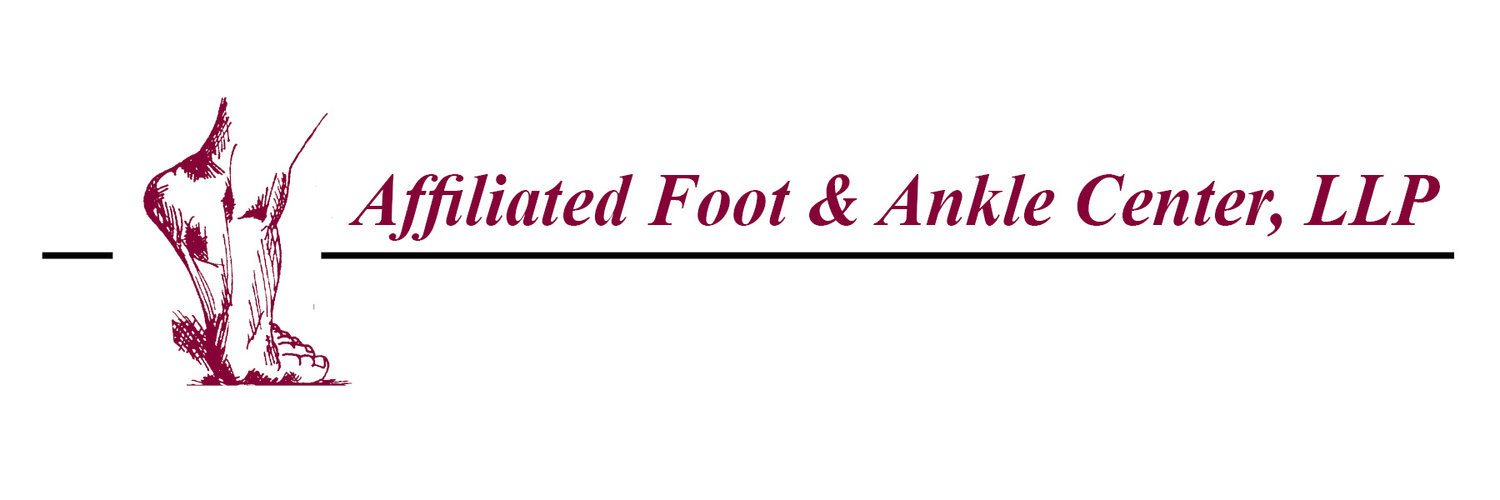Do You Need to Drink More Water?
/Most people keep their bodies pretty well hydrated (that is, they take in enough water) by using thirst as their guide. But there are times when it’s just not adequate to wait until you’re thirsty. There are a number of conditions under which you have to work a little harder to make sure you’re drinking enough and getting the water your body needs to keep skin from drying out, blood from becoming thick and unable to flow well, and for every last cell in your body to do the job it’s meant to do.
Look out for these signs of dehydration, especially during these hot days of full-on summer:
- It’s hot out and/or you’re really active. More sweating = a greater risk and a greater need to drink water.
- You can’t think clearly. Brain fog, confusion, and lack of focus could point to dehydration.
- Your urine is dark. A well-watered body produces pee that’s light yellow in color.
- You’ve been partying. Alcohol consumption can dry you out.
- You’re pregnant or breastfeeding. Drink for two!
- You’re sick. Replenish the water that leaves the body through a fever, vomiting, or diarrhea.
- You’re taking prescription medications. Some drugs affect your sense of thirst. Check with your doctor or pharmacist about the meds you’re taking.
- You’re elderly. Scientists believe that changes in nerve endings in the stomach, throat, and mouth cause older people’s sense of thirst to diminish. So as you age, it’s important to drink more because you can’t always tell when you’re thirsty.
Remember, downing 8 glasses of water a day isn’t the only way to stay hydrated. Try also increasing the number of high water-content foods you eat such as melon and raw vegetables.
Keep your body well-hydrated and you’ll keep your feet healthy, too. For more information about water and foot health, contact Dr. Samantha Boyd, Dr. Hal Ornstein, and Dr. Joseph Saka, the board-certified podiatrists at Affiliated Foot & Ankle Center. We welcome patients with foot or ankle injuries or other problems at our offices in Howell and Jackson (Monmouth County), New Jersey. Call us for an appointment at (732) 905-1110.


